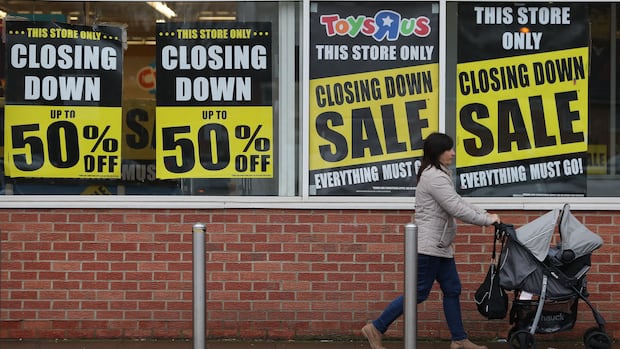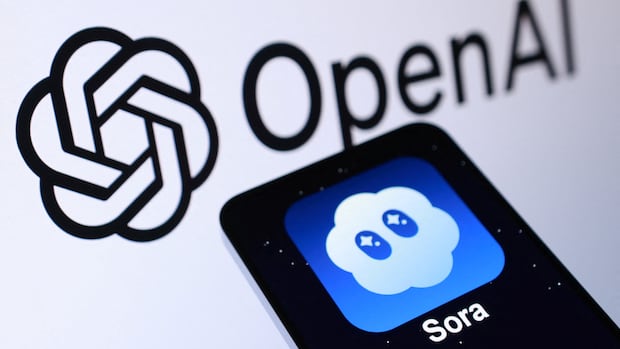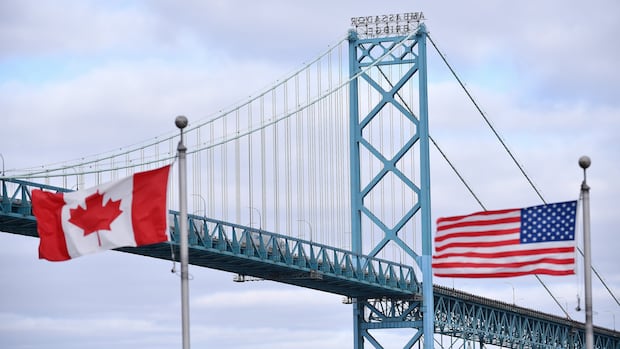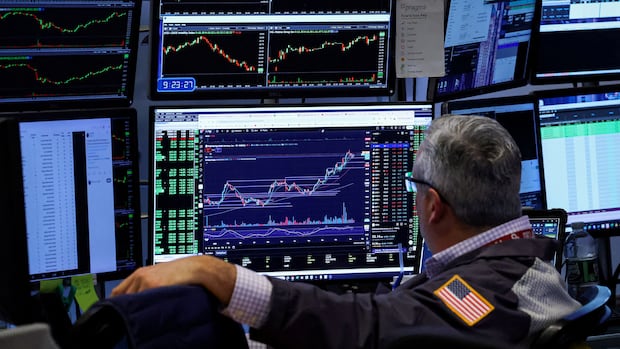A Beijing company recently released China's smartest artificial intelligence model yet — narrowing the gap between that country and the U.S. in a race that some have likened to a new cold war.
Kimi K2 Thinking, which was developed by Moonshot AI, is a generative AI-powered chatbot similar to OpenAI's ChatGPT and Anthropic's Claude.
“It’s the closest a Chinese model has come to matching a U.S. or Western model’s performance since Deepseek in January,” said Michael Deng, a geoeconomics technology analyst at Bloomberg. That model caused a market meltdown over fears of Chinese AI advancement.
Kimi K2's release flew under the radar by comparison. But it scored high on Humanity's Last Exam, a notoriously difficult, 2,500-question benchmark that tests an AI's reasoning abilities beyond regurgitating information, placing just behind recent ChatGPT models and surpassing both Claude 4.5 and Meta's Llama.
"It is definitely [still] the case that the U.S. is ahead of China on AI," said Dan Wang, the author of Breakneck: China's Quest to Engineer the Future. But, according to those same benchmarks, that lead "is narrowing in all sorts of ways."
Whether China's advancements against the U.S. matter depends on who you ask, according to experts who spoke with CBC News.
That some North American companies and consumers are choosing Chinese-made AI "just tells you about the technical sophistication that we're seeing from China and that it really rivals the best from what we're seeing in the U.S. right now," said Sheldon Fernandez, the Toronto-based co-founder of DarwinAI, which developed AI for quality control in manufacturing and has since been acquired by Apple.
Open-source AI models like the ones being developed in China "are cheaper and you can control them in your own environment," he said. They can be modified to suit a user's needs, though that might require some technical expertise.
Lamenting that ChatGPT wasn't "quite robust enough," Airbnb CEO Brian Chesky said last month that the vacation rental company relies heavily on Chinese-owned Alibaba’s Qwen model to power its AI agents.
And venture capital firm Social Capital recently migrated its workload to Kimi K2 because it performed more efficiently and was "frankly just a ton cheaper than OpenAI and Anthropic," said Chamath Palihapitiya, the company's Canadian-American CEO, while co-hosting the All In podcast.
Deng, the Bloomberg analyst, says he doesn’t expect Chinese models to take over the market anytime soon.”But they will always be there to put competitive pressure on U.S. models,” maintaining a price ceiling on the cost of AI, he said.
Beyond the marketplace, there are those who view the race to improve AI in the harsher light of potential real-world conflict.
LISTEN | Winners and losers in the AI race:The House14:32Who wins and who loses as countries race for AI dominance
"It is a sense that the U.S. and China are in a new state of cold war," said Wang, adding that some see artificial intelligence as being a "decisive technology" on the scale of atomic weapons or the space race — one that could have serious economic and national security implications.
Similarly, Fernandez says that some view the race to advance AI as a means of instilling in the technology a particular set of values.
“It's not just a question of capability,” he said. “It's a question of what values do we want in these systems, both as consumers ourselves, but for our children, for marginalized communities. And that is why this is so important.”
On that note, U.S. Sen. Ted Cruz claimed in a recent op-ed that Chinese AI dominance would mean "state-run surveillance and coercion," while an American win would guarantee a technology anchored by "liberty, human dignity, and the rule of law."
That might be overly optimistic, though, given the cultural biases, distasteful politics and selective memories demonstrated by AIs from either country.
WATCH | How Deepseek shook up the American stock market:Chinese AI app DeepSeek has become a top rated app in the U.S. but its surging popularity and low costs have disrupted financial markets and raised concerns among North American leaders in artificial intelligence. Francis Syms of Humber Polytechnic sits down with Metro Morning’s David Common to discuss the latest headlines on artificial intelligence and how it might affect us.Jensen Huang, CEO of Nvidia, has similarly said it is "vital" that America win the AI race, and that China is mere “nanoseconds” behind the U.S. in developing the technology. Of course, Nvidia — as the top supplier of semiconductor chips to many of the U.S.’s top AI companies — has an obvious horse in this race.
But there are those, says Wang, "who believe that it might not necessarily matter because nobody really knows what AI is, and what it might actually do in the future."
Both countries have strengths and limitations. Compared to the U.S., China has become a force to be reckoned with on electrical capacity, which it needs to power AI.
But it's also subject to U.S. government export controls on semiconductor chips (keeping Nvidia’s most advanced products out of China), which have kneecapped Beijing's ability to build data centre infrastructure at the scale of its rival.
And, Wang argues, both countries are building and using the technology differently.
Silicon Valley is trying to invent "God in a box," he said, "so that it can figure out all of our science, all of our medicine, all of the solutions to climate change, and then for the icing on the cake, all of our social and political problems as well."
"The Chinese view is also that this is going to be a controllable, normal technology that is going to be useful in all sorts of industrial and technological processes.
"So I think that there is no single race."
LISTEN | What would happen if the AI bubble popped?:Front Burner22:17If AI is a bubble, what happens when it pops?











